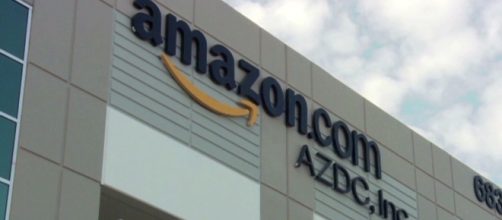After Apple and Google, it's Amazon's turn to get its hands on the portfolio. The U.S. group waived an order from the Federal Trade Commission (FTC) issued in late 2016. Amazon has agreed with the FTC to make a total refund of more than $70 million for some of its customers.
Amazon's in-app purchases
This Commission, which is equivalent to Repression of fraud commission in France, accused Amazon that they did not get parents' consent when their children made some in-app charges between November 2011 and May 2016. The e-merchant allowed paid Purchases in mobile and tablet applications ( "in-app" or integrated purchases).
This system is commonly used by many game applications like Candy Crush that are free at the time of download.
Very often, a chargeable purchase could be made on the branded devices without entering a password and also the app doesn't indicate any bank transaction details it has stored while making a purchase. These can be stored in the customer's account.
As a result, many children have been able to spend their parents' money in applications advertised as "free" without realizing it and without authorization. The FTC said on Tuesday that the company will compensate all customers affected by these uncontrolled purchases. The commission has not yet specified the exact terms of future repayments.
Amazon for its part has yet to react publicly to this decision.
Practice is not new
This is not the first time that Amazon is in the FTC's viewfinder for such practices. In July 2014, the American organization had already tapped the trader's fingers for the same reasons. But the Internet giant had decided at the time not to take the right measures, such as systematically entering a password when paying for a purchase.
Other brands in the sector were also attacked by the FTC in the same year. Apple and Google had repayments of $32 million and $19 million, respectively, for purchases not made by some users.
In Europe, these kind of incidents are now less common after their trade commission accused and charged Apple and Google for the same reason which is now being faced by Amazon in the United States.
Free applications, when downloading, now clearly state whether they contain paid purchases. Within the applications, there are also fewer incentives to make paid purchases.
Thus, for any parent who has a kid who kid racked up a big bill making in-app purchases on Amazon, a refund may be on the way.

